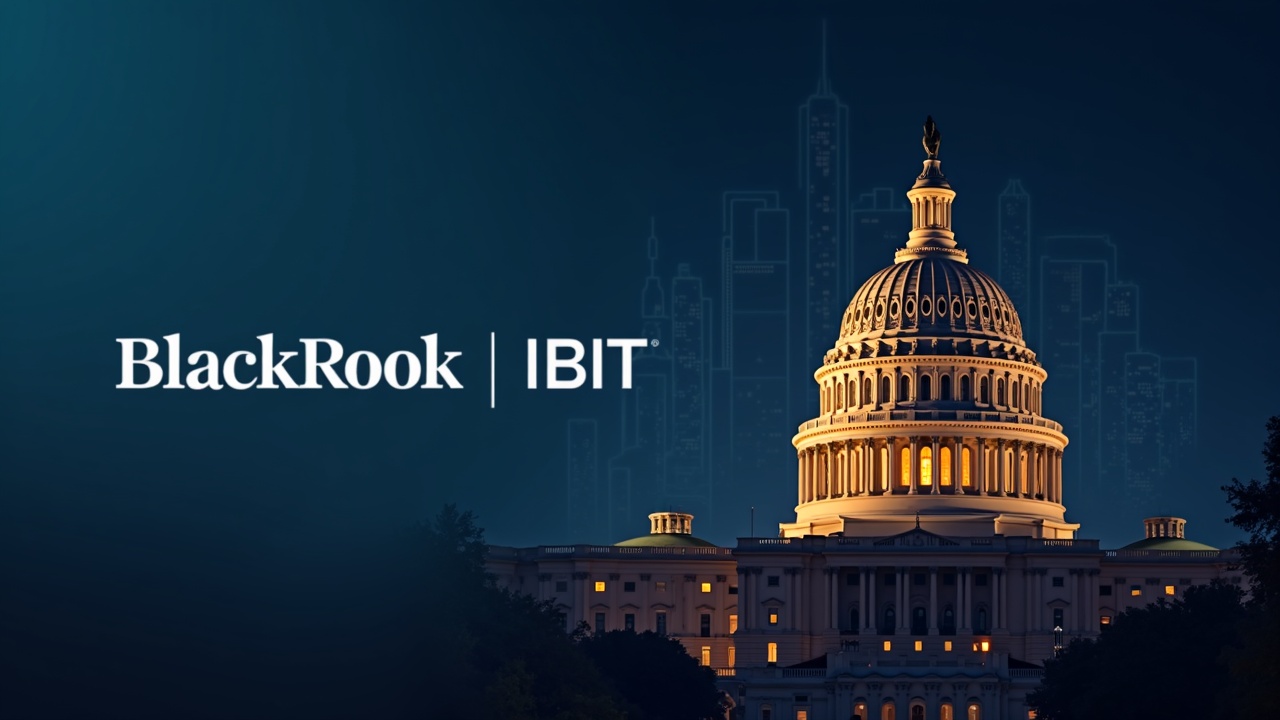On November 20, 2025, the state of Texas made financial history by becoming the first U.S. state to allocate public funds to Bitcoin, executing a strategic $5 million purchase of BlackRock’s iShares Bitcoin Trust (IBIT). This move, executed while Bitcoin was trading around $87,000, marks the initial step in activating the “Texas Strategic Bitcoin Reserve” established by Senate Bill 21, which authorized a total of $10 million for this purpose.
A Strategic Entry Through a Regulated ETF
The decision to use BlackRock’s IBIT ETF was a deliberate one, providing a regulated and practical entry point for the state while it develops the infrastructure for its ultimate goal: direct self-custody of Bitcoin. Lee Bratcher, President of the Texas Blockchain Council, confirmed that “Texas will eventually self-custody bitcoin”, but using the ETF is a compliant solution during the setup phase. This approach allows the state treasury to immediately gain market exposure through a familiar and highly liquid financial product, bypassing the initial complexities of securely storing the digital asset itself.
The choice of BlackRock’s product is notable. IBIT is the most traded bitcoin exchange-traded product since its launch, offering the potential for lower transaction costs due to its high liquidity. With the fund managing over $67.5 billion in assets and holding hundreds of thousands of bitcoin, it represents a significant pillar of the institutional crypto landscape.
The Bigger Picture: A Shift in Institutional Perception
Texas’s purchase is more than a simple financial transaction; it’s a powerful symbol of Bitcoin’s ongoing integration into mainstream finance and government strategy. The state’s move aligns with a growing trend of institutional adoption, following notable allocations from entities like Harvard University’s endowment and sovereign wealth funds. This action reflects a significant evolution in how government entities perceive digital assets, shifting from skepticism to strategic exploration.
As one industry voice aptly summarized, we have moved from a fear that “governments will ban bitcoin” to a reality where “governments are buying a small amount of bitcoin”. Texas is not alone in this exploration, with other states like New Hampshire also authorizing financial instruments tied to Bitcoin, signaling a potential new phase of public-sector engagement with cryptocurrency.

Looking Ahead: From ETF to Self-Custody
For now, this initial $5 million investment is a pilot, helping Texas test workflows and governance processes for digital assets. The market context of the purchase is also insightful; it was made during a significant pullback that saw Bitcoin fall over 30% from its October peak, suggesting a strategic approach to entry points.
The next milestones to watch will be the deployment of the remaining $5 million and more importantly, the state’s successful transition to holding Bitcoin directly in its own custody. This will require robust security protocols and key management systems, moving from the contractual simplicity of an ETF to the operational responsibility of safeguarding the underlying asset.


